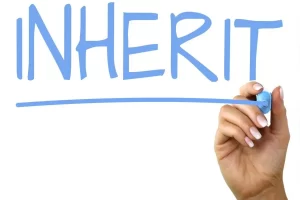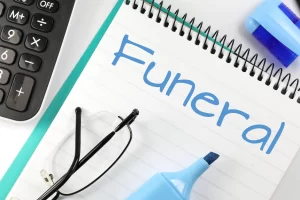Property Ownership in a Revocable Trust
Revocable trusts, also known as living trusts, are a common estate planning tool used to manage and distribute assets during an individual’s lifetime and after their death. One of the key questions that arise regarding revocable trusts is who owns the property held within the trust. Let’s explore this topic in detail, focusing on New York State law.
Understanding Revocable Trusts
In New York, a revocable trust is a legal arrangement in which the grantor (the person creating the trust) transfers ownership of assets into the trust for the benefit of themselves and/or other beneficiaries. Unlike irrevocable trusts, which cannot be modified or revoked once established, revocable trusts offer greater flexibility, allowing the grantor to make changes to the trust terms or even revoke the trust entirely during their lifetime.
Ownership of Property
When assets are transferred to a revocable trust, legal ownership of those assets is vested in the trust itself, rather than in the individual grantor. However, the grantor typically retains control over the assets as the trustee of the trust during their lifetime. This means that while the trust technically owns the property, the grantor/trustee has the authority to manage, use, and distribute the assets as they see fit.
Roles and Responsibilities
In the context of a revocable trust, the roles of grantor, trustee, and beneficiary may overlap:
- Grantor: The individual who establishes the trust and transfers assets into it.
- Trustee: The person or entity responsible for managing the trust assets according to the terms of the trust document. In most cases, the grantor serves as the initial trustee of their revocable trust.
- Beneficiary: The person or entity entitled to receive benefits from the trust, such as income or assets. During the grantor’s lifetime, they are typically the primary beneficiary of their revocable trust, with other individuals or charities named as contingent beneficiaries.
Control and Flexibility
One of the primary benefits of a revocable trust is the grantor’s ability to retain control over trust assets while also providing for their management in the event of incapacity or death. By serving as the initial trustee, the grantor can continue to buy, sell, or otherwise manage trust assets as they see fit.
Conclusion
In summary, in a revocable trust arrangement in New York, legal ownership of property is transferred to the trust itself, with the grantor/trustee retaining control over the assets during their lifetime. This allows for efficient management and distribution of assets both during the grantor’s lifetime and after their death, while also providing flexibility to make changes to the trust terms as needed.
At Morgan Legal Group, we specialize in estate planning and can provide personalized guidance on establishing and managing revocable trusts in New York. Contact us today to schedule a consultation and protect your assets for the future.












